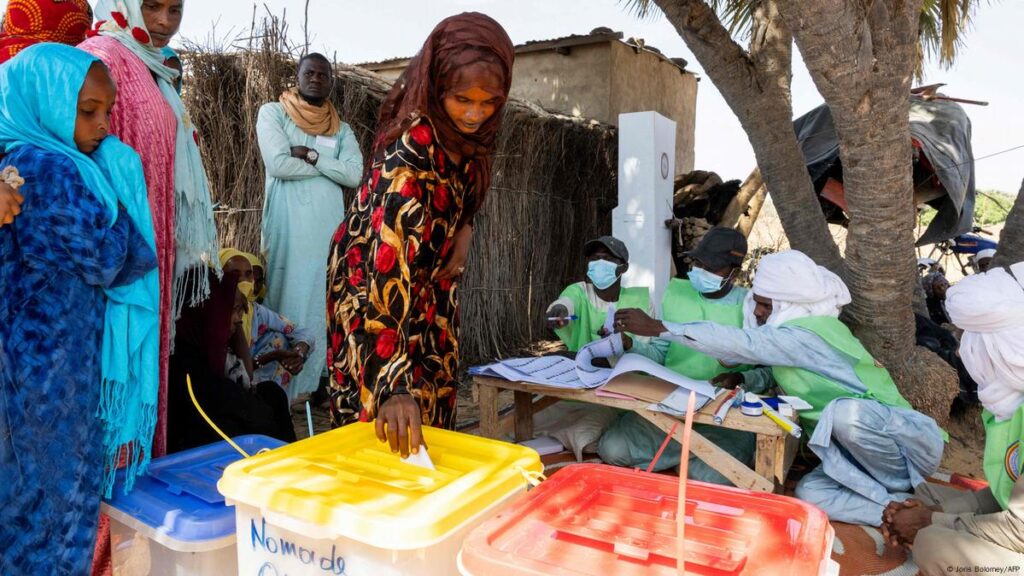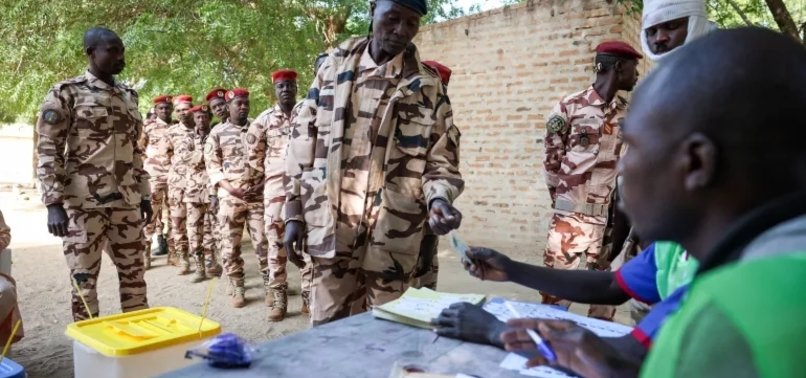Chadians cast their votes Sunday in parliamentary and regional elections aimed at ending a three-year military-led transition period, though the process was marked by a boycott from key opposition parties who accuse authorities of failing to ensure a credible vote.

This parliamentary election, Chad’s first in over a decade, comes months after junta leader Mahamat Idriss Deby secured a controversial presidential victory intended to restore democracy. Deby took power in 2021 following the death of his father, Idriss Deby Itno, who ruled the oil-rich but impoverished country for 30 years.
With 8 million registered voters, the election seeks to fill 188 seats in the new National Assembly, alongside provincial and municipal roles. Results are expected in approximately two weeks.
However, over 10 opposition parties, including the Transformers Party led by Succes Masra, have boycotted the election, calling it a sham. Masra, who placed second in the presidential election, urged voters to stay home, citing concerns of electoral fraud. “It is better to stay at home,” he said on Saturday.

The Group of the Cooperation of Political Actors (GCAP), another opposition coalition, also refused to participate, describing the election as a means to solidify Deby’s grip on power. “Presenting candidates… is to endorse a forced power which seeks to be legitimate,” said GCAP spokesman Max Kemkoye.
The vote concludes a lengthy transitional period that included a 2022 national dialogue and a constitutional referendum in 2023. Political analyst Mahamat Oumar Adam said the election is critical to avoid extending the transition indefinitely but noted that the lack of opposition representation undermines the process.
Chad, a nation of 18 million, faces growing security concerns, including militant attacks by Boko Haram in the Lake Chad region and the fallout from a recent rift with France, its long-standing ally.
AP



